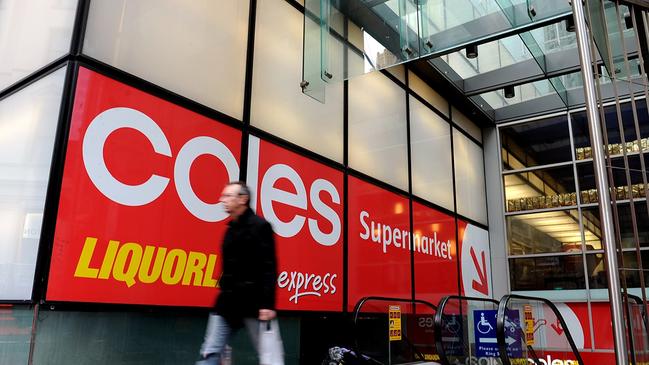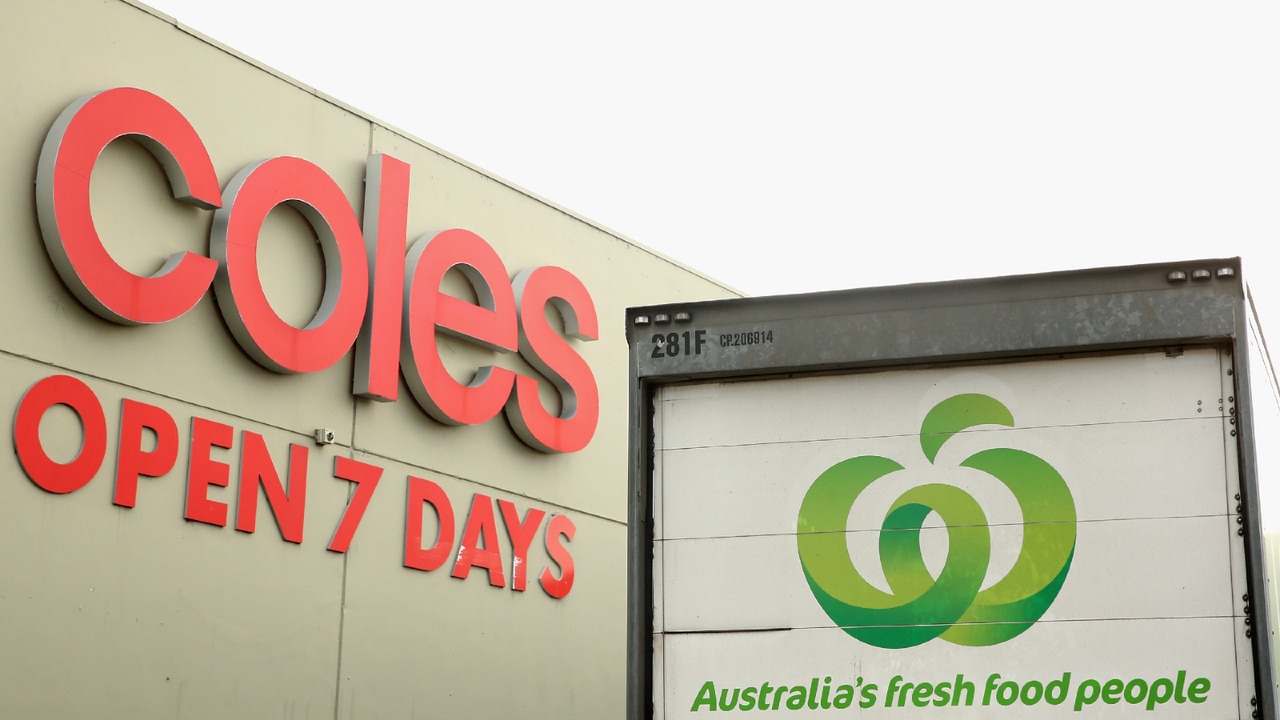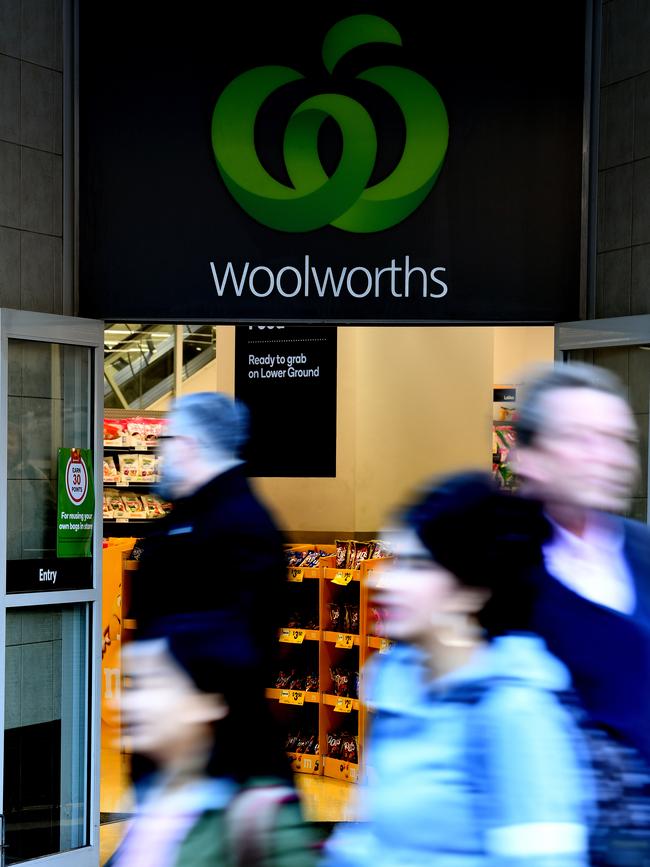Coles and Woolworths circle wagons as ACCC attacks
Coles and Woolworths have ended the week facing off two attacks from the ACCC while maintaining that competition in the $120bn supermarket sector is vibrant.

Supermarket giants Coles and Woolworths have ended the week reeling from two savage attacks from the competition regulator, kicked off on Monday with court action over alleged false discounting and capped by a damning interim report from the regulator’s supermarket inquiry.
On Friday the supermarket giants – tagged by the Australian Competition & Consumer Commission as “oligopolists” in its interim report – defended their behaviour and operations in the face of the scathing ACCC report and argued that the nation’s $120bn supermarket sector had vibrant competition.
“We are carefully reviewing the ACCC’s interim report released this morning,” said a spokeswoman for Coles.
“At Coles, we support a diverse, robust and competitive supermarket retail industry as we know this ultimately benefits Australian consumers through access to choice and variety when they shop, as well as access to competitive prices which helps stretch household budgets further.
“This is particularly important now as we know cost-of-living pressures are being felt by many Australians including our customers, farmers and suppliers, and businesses across the entire supply chain. We will continue to do our bit to help deliver value to our customers while supporting our more than 8000 supplier partners.”

Coles said it would continue to work with the ACCC as it completes its final report over coming months.
Woolworths acknowledged the release of the ACCC’s interim report on Australia’s supermarket sector. “The group will review the report in detail and provide submissions over the coming months. Throughout the year, Woolworths Group has engaged in a number of inquiries and reviews in good faith and will continue this approach, including appearing at public hearings and providing any further information as required by the ACCC.”
Recently appointed Woolworths chief executive Amanda Bardwell defended the competitive nature of the sector.
“We believe that the Australian grocery sector is competitive and customers have more choice than ever about where and how they shop,” she said. “However, we know that our customers are continuing to face cost-of-living pressures and we remain focused on providing value and doing the right thing by our customers, our team and our suppliers.”

The ACCC’s interim report – published as part of an inquiry called by the Albanese government – called the chains oligopolists and warned it would now scrutinise whether the pair were misusing market power to ratchet up prices, which are hurting low-income families.
The report called out the murky practice of “land banking” that could be keeping rivals such as Aldi out of regions, questioned the pace of growth in food prices at their stores and said it had taken complaints from consumers and suppliers.
The competition watchdog also announced it would drag supermarket executives before its own public inquiry in November.
Investors are beginning to turn their mind to the fallout for Coles and Woolworths and any impact to sales and profitability from a regulatory crackdown pushed by the regulator.
Coles shares fell 9c to $18.12 on Friday, bringing its slide over the past week to 5.7 per cent and wiping $1.47bn off its market value. Woolworths rose 8c to $33.34 on Friday but lost 4.4 per cent for the week and $1.9bn in value.
“The ACCC’s interim supermarkets inquiry report on first glance does not suggest any issues that should significantly impact Woolworths or Coles’ earnings outlook. However, we await the final report, due in February,” said Citi analyst Adrian Lemme.
E&P analyst Phillip Kimber said there was strong competition in the sector, as highlighted by a similar ACCC report two decades ago. “Coles and Woolworths have held around 55 per cent market share for the past 20 years. In our view, since 2008 (the previous ACCC inquiry into the supermarkets), competition in the supermarkets sector has increased significantly. Coles has become far more competitive as the second player, and the sector has seen numerous well-funded international players either enter or materially expand eg. Aldi, Costco, Amazon, Chemist Warehouse, Bunnings. At this stage we do not see material medium-term impacts for the listed grocery players from the current inquiries – however note that unintended consequences always pose some risk.”






To join the conversation, please log in. Don't have an account? Register
Join the conversation, you are commenting as Logout